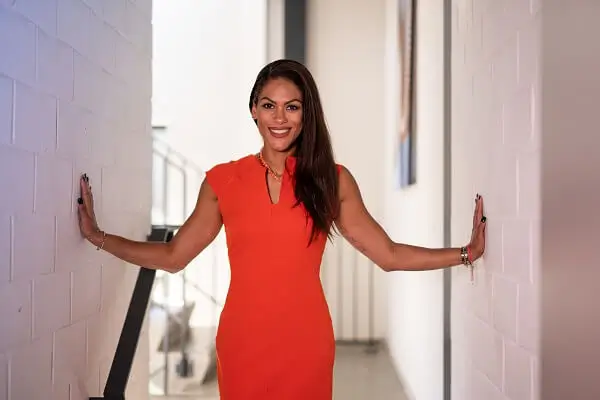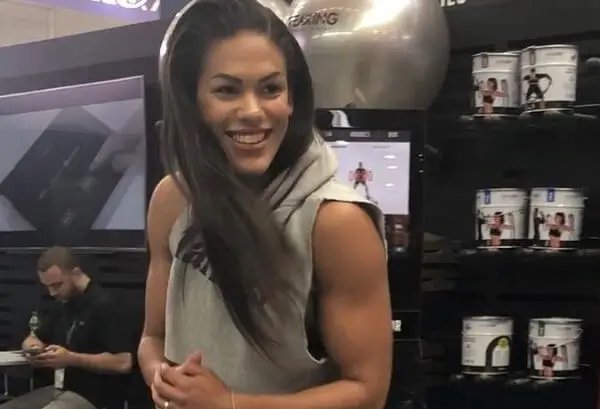Maxine Dibué began her career at LivaNova working in marketing and went on to launch the medical affairs department, which she now leads for the International region of the Neuromodulation Business Unit.
As a representative of our five LivaNova Values, she embodies the value Meaningful Innovation, in which we develop novel products and therapies to address multiple disease states.
Q: Why is Meaningful Innovation important to you and your work?
A: A lot of us are engineers and scientists, so innovation kind of comes naturally if you’re in this job. But the meaningful aspect is important to stay focused on — what’s really important to patients. And that can be really simple stuff, not the things that need a five-year R&D plan.
I think about all the patients I’ve met in my time at LivaNova. Hearing how epilepsy or depression has affected their lives has led us to think differently about the way we do things. One example is a patient who got VNS Therapy™ after a terrible 20-year journey with epilepsy. He said the higher he got titrated, the less seizures he had, but the more trouble he had sleeping. He said he wished he could turn it down a little bit at night.
We were able to build that feature into the next generation of SenTiva™. It was a simple change that could really benefit patients. That’s what I mean by meaningful innovation. It doesn’t have to be bombastic. Just understanding how patients are affected by their disease can help us design better products.


